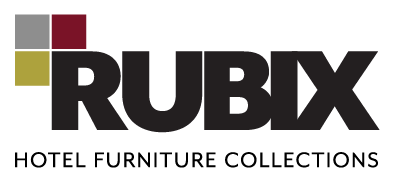about leasing
Leasing is an alternative payment method for the use of equipment over a specified period of time.
In its simplest form it’s another form of finance.
Contractively, it’s an agreement between two parties where one party (the lessor) provides an asset (purchased from a supplier) for use to another party (the lessee) for a specified period of time, in return for set payments.
Leasing is made possible by the lessee’s ability to generate cash from the use of the leased asset to service the lease payments.
“Leasing is an affordable option to all trading operations with many advantages.”
security
Because the equipment ownership is retained by the lessor little or no additional collateral is required by the operator (Lessee).
Coverage
Leasing can provide up to 100 % of the financing needed thus requiring no upfront capital by the operating business (Lessee).
Avaibilty
Leasing is often the only source of credit for small operators lacking traditional banking security.
Cash Flow
Lease payments can be flexible to correspond to the operating business cycle. This is appealing to potential lessees whose business is seasonal such as Ski Resorts. Payments can be structured for easy repayment during the post ski season.
Flexibilty
At the end of the lease period, the equipment is either sold to the lessee at a nominal fee, returned to the lessor, or simply returned. With no further obligations.
Affordability
Typical operating leases are off balance sheet facilities, that don’t interfere with other banking arrangements. Providing you have trading history (minimum 2 years) leasing is an affordable option to accommodation operators






